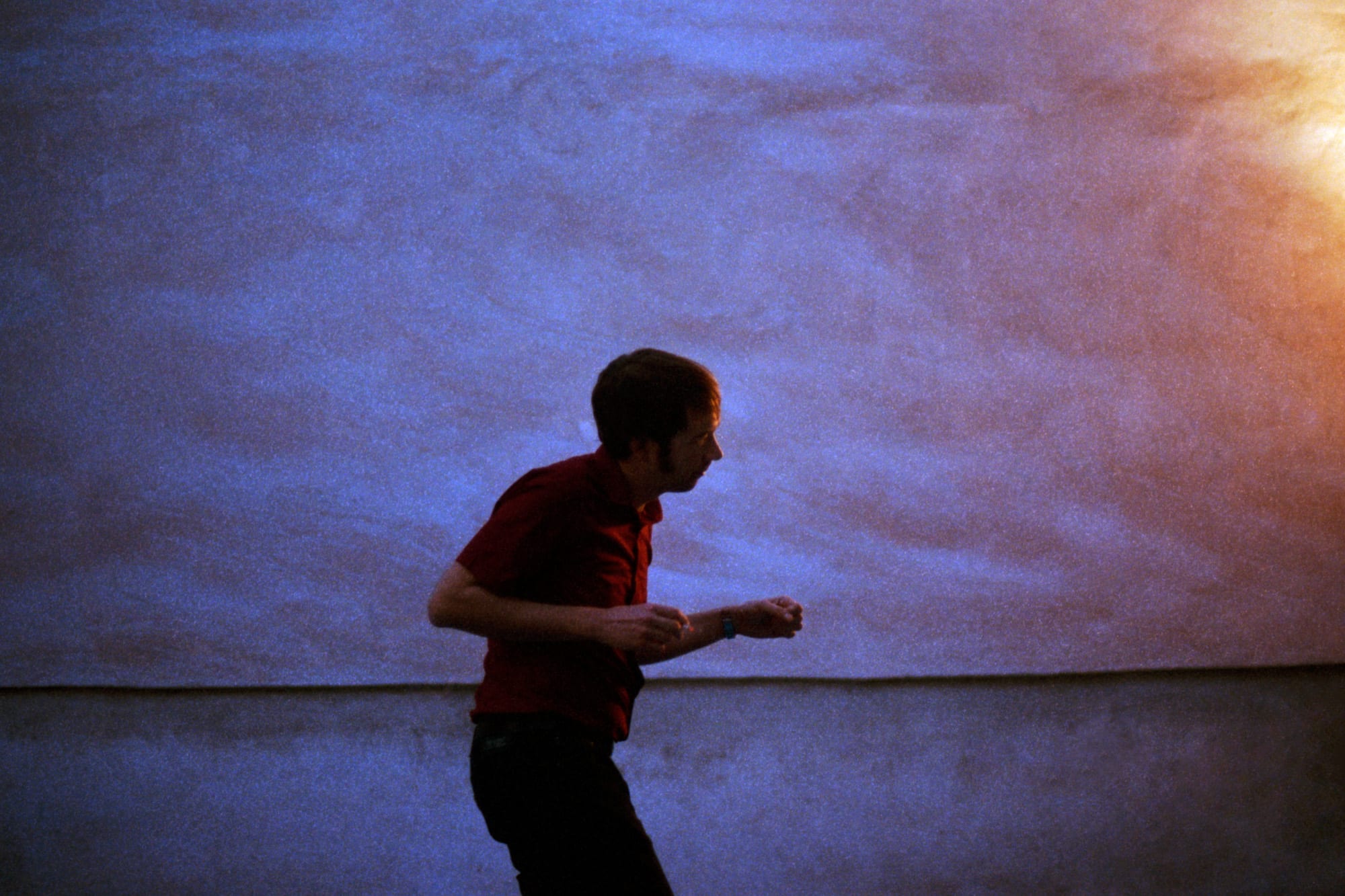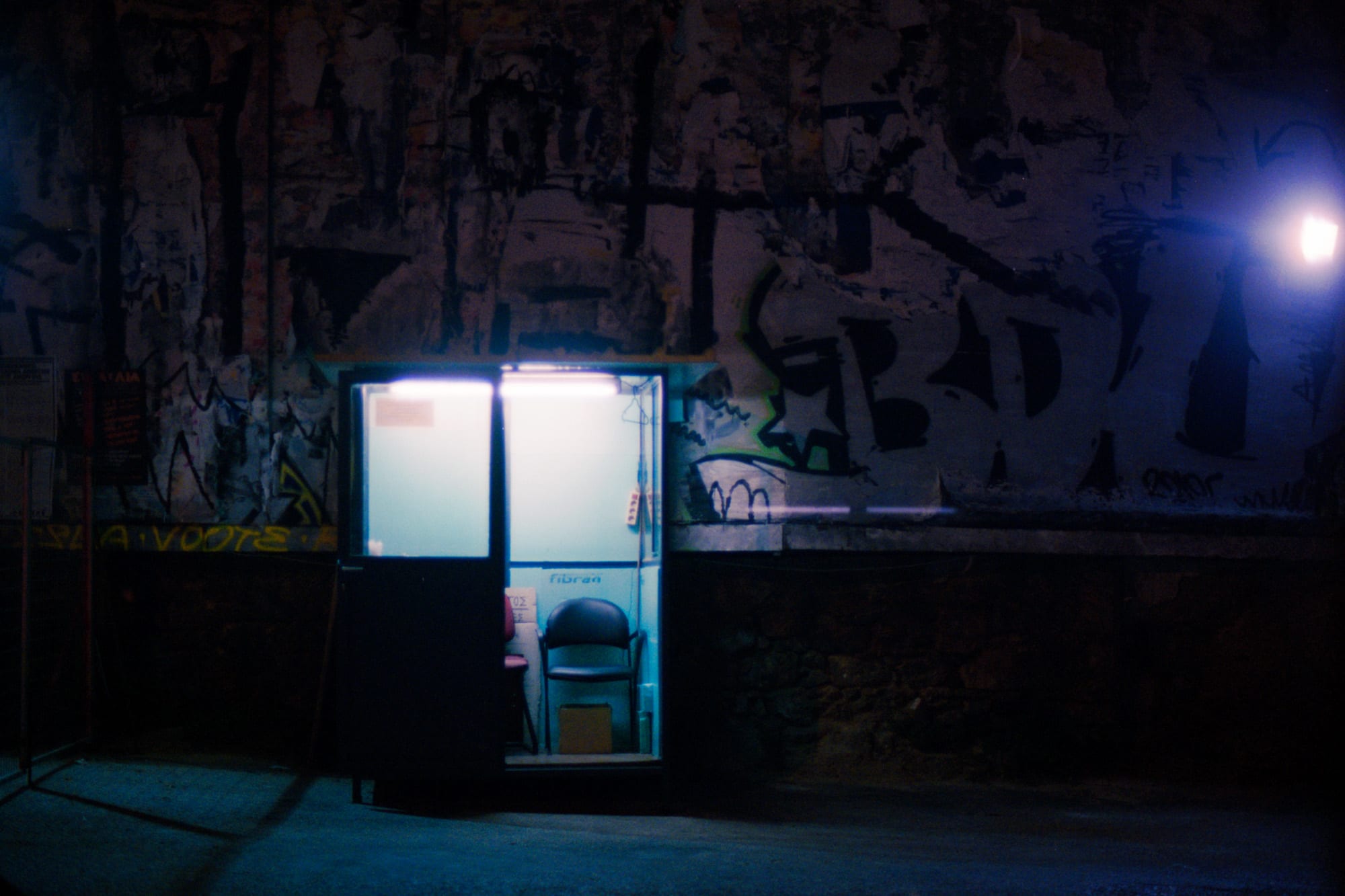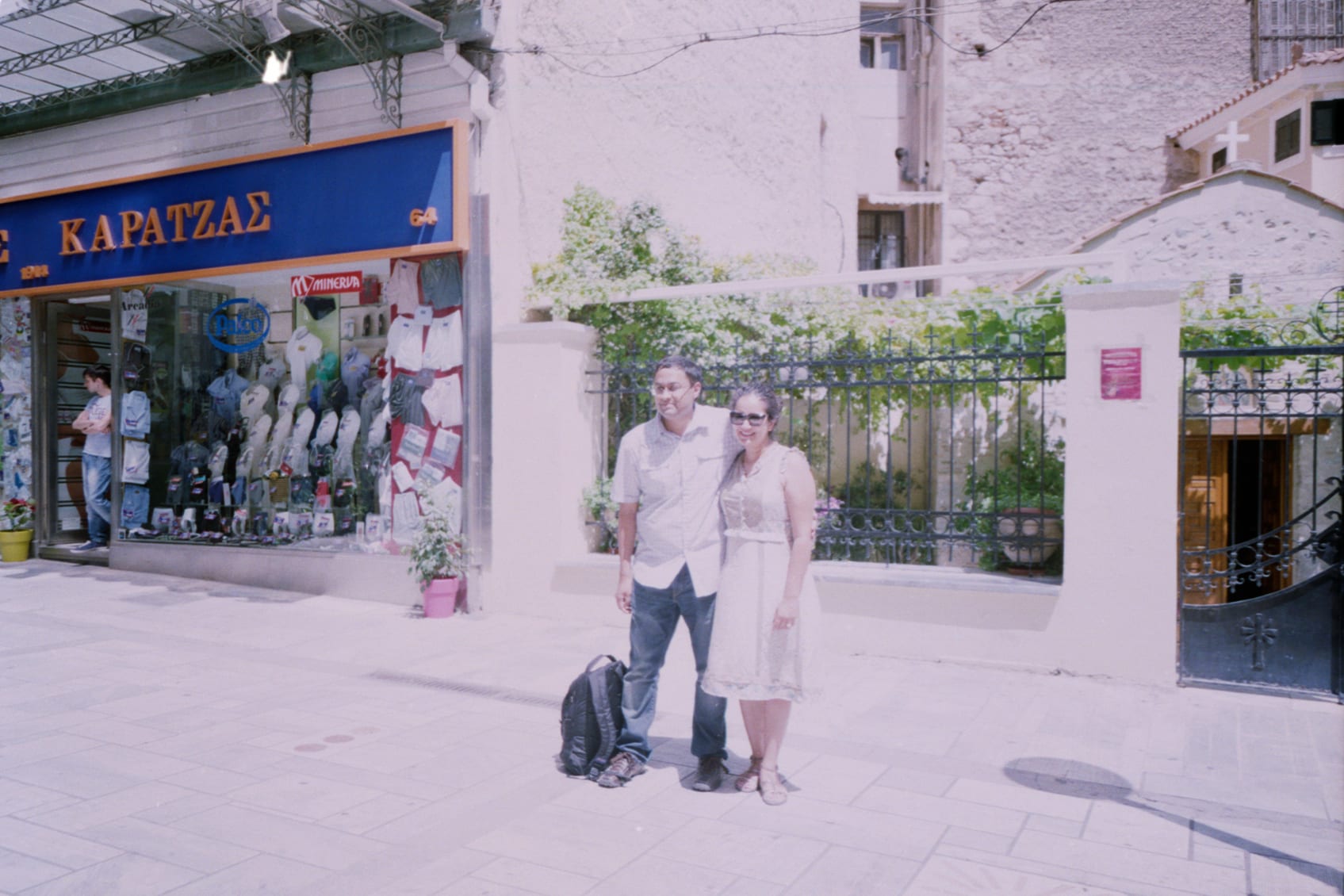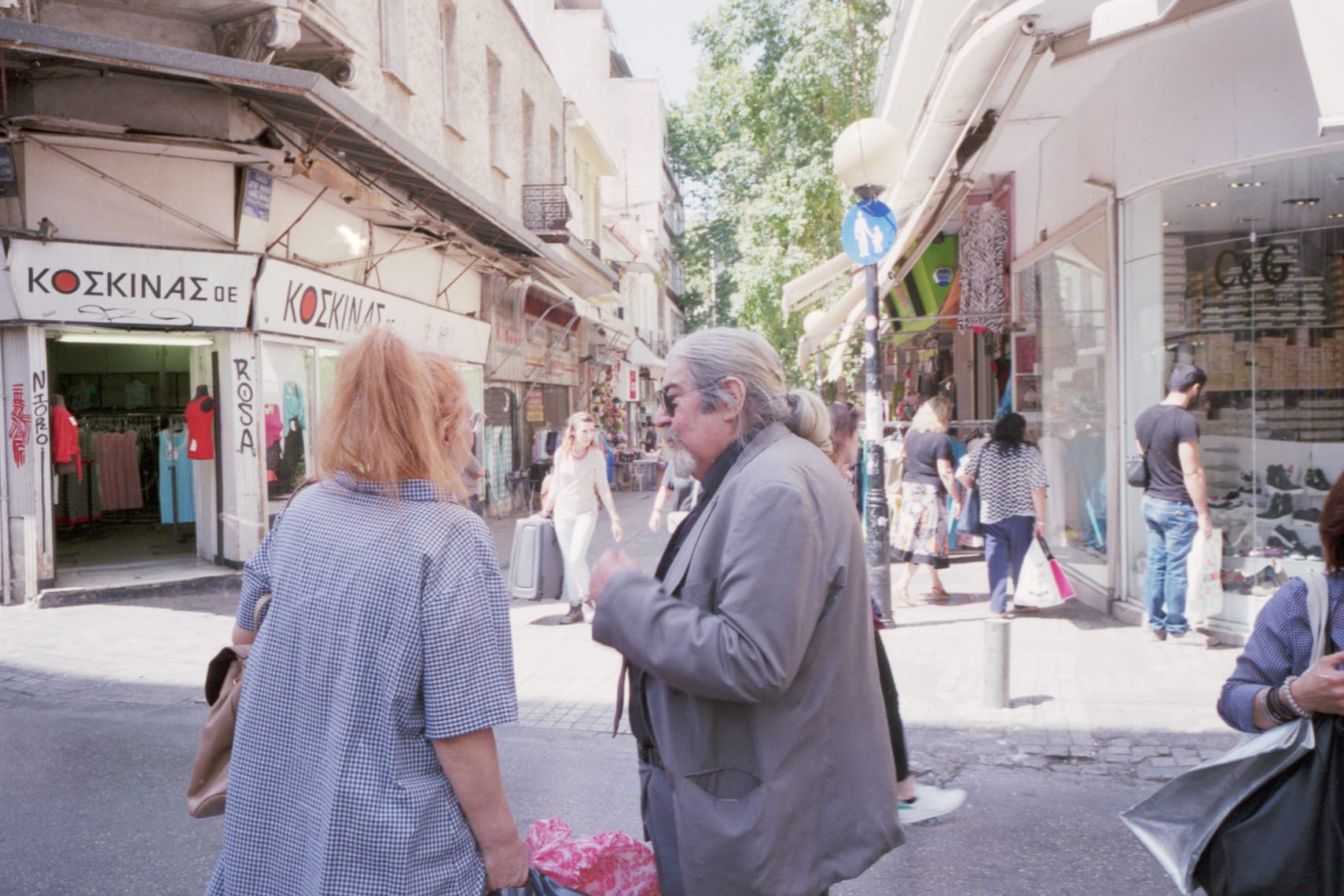It seems fitting that we have the Ancient Greeks to thank for the word ‘crisis’, or κρίσις. They interpreted it as a “separation from a judgement or decision”, and there is an air of apocalyptic fervour surrounding Athens that borders on the cinematic: tourists stranded in a foreign land, restless natives murmuring about revolution, finance ministers escaping on motorcycles, all playing out within a time-worn city crumbling before our eyes.
And yet, these images, abundant and lurid, don’t come close to telling the whole story. Over the past three years, Marita Pappa, a young London-based Greek photographer, has documented her home city with a sense of longing and tenderness absent in its usual depiction. “My photography does not confront the crisis head-on,” she says. “It seeks to capture the mood of the city, the ennui, the melancholy.”
She left the city of her birth in September 2011 as one of the many Greeks who departed as the scale of the country’s financial crisis became clear. She moved to London, picking up odd jobs along the way; she interned with artistic duo Adam Broomberg and Oliver Chanarin, The Archive of Modern Conflict and The Printspace, all while working on her own practice.
Shortlisted for the Times Young Photographer of the Year and the IdeasTap and Magnum Photographic Award, she still found herself drawn to the city she had said goodbye to.
“Around three years ago, I had this feeling that I wanted to portray my city. All I kept seeing was the same kind of style; I couldn’t see anything positive. I wanted to fall in love with my city again, so I decided to reconstruct the reality I was given.”
Her photoseries Athens explores this ache for her home, with distance provoking an intense intimacy she hadn’t prior experienced. “Before I moved, I never used to take pictures of Athens. I wasn’t inspired, perhaps because I saw it every day. But after a year of living in London, I started to feel nostalgic. Scenarios of Greece falling apart were in the news every day and I missed my city so much. I kept going back, taking pictures every time.”
The first set of images are shadowy and sensuous; the faces of young Greeks obscured against roses, indigo skies as the sun falls. “The first set are very obscure,” Pappa says. “You can’t exactly locate them, they can be anywhere. Even though it’s romantic, it’s a very dark work, and it was a dark period.”
Having travelled back and forth, she returned to Athens for good in April, and her more recent work reflects a clear-eyed sense of civic pride. These brighter images, taken mostly in the day, are more candid, depicting couples, tourists – a city going about its business. “The previous work was how I feel about the city. The work I’m doing now is Athens as I see it,” Pappa says.
It’s hard to ignore the dissonance between the Athens of the BBC and The New York Times and Pappa’s representation, but for her, finding peaceful moments in urban environments is vital. “I like chaos. It’s so difficult to isolate people in unorganised chaos, but I like the challenge,” she says. “I don’t like to go and put the camera in their face, it’s almost like I’m stealing someone’s moment.”
“I came back and I feel like a tourist in my own city, so sometimes I dress like one, like an alter ego or a role I’m getting into. I wear a big hat and a long dress, and people don’t pay attention to me. I’m trying to portray Athens as I have it in my mind, almost a fiction.”
Greece’s economic plight is showing no signs of abating, and with youth unemployment close to 50 percent, it’s no wonder Pappa looks to reimagine her country’s present in hope of a future – any future other than this.
For her, Athens isn’t defined by the crisis, but by the stories of its citizens, the way they relate to each other and their environment. Her photos, she says, “[are] my love letter to my birth town.”
See more of Marita’s work here.
Stay up to date with stories such as this, delivered to your inbox every Friday.





